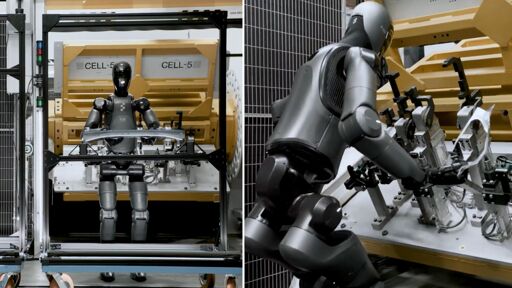Figure AI, a robotics innovator, and BMW, the German automobile giant, have revealed remarkable advancements in the Figure 02 humanoid robot’s capabilities.
Operating on a production line, the Figure 02 robot has made a significant leap, achieving a 400% increase in speed and a sevenfold improvement in success rate.



I don’t understand the desire to make humanoid robots. If a human shape is more efficient because of the workflow or physical restrictions, why not just rearrange the production line and use regular robot arms?
It’s so that our replacements can work alongside us just long enough for us to trust them. It’ll make us less resistant when they drag us to the bio-repurposing vats.
mmm unexplained vats mmmm
The main use of humanoid robots is to work in environments suitable for humans (think inspecting a dam or such, climbing ladders and everything), as well as flexibility, especially when it comes to low-frequency tasks. BMW makes a lot of different models with tons of different options, their production line isn’t really a line it’s a directed graph.
Humans made things for humans.
Rearranging everything is better but more expensive. Sometimes it absolutely will be and has been done. There will be cases where humanoid robot is cheaper and easier. That’s not even bringing up new uses like waiter or carer, but those will be much later generations.
I think it’s to provide a general solution for most labor shortages and not specific solutions.
there are no labor shortages, just wage shortages
I agree with that, but the current shape of the population will result in a true labor shortage eventually. We just need to start thinking about how to deal with that future today. UBI will eventually be required when companies can manufacture labor and people will legitimately not be able to work.
Or to prevent laborers in becoming uppity and demanding a raise.
We need unions that work for us to make sure we get paid with the owner class.
Along what everyone else said, so it’s more broadly marketable. In theory a humanoid robot could do any job a real human is doing now, meaning you don’t need a high tech production line to go along with it. You don’t need to automate your entire production line to get started.
Also, it’s more of a commodity. A business could sell the robot once they don’t need it and anyone else could just buy it to use for a different purpose. Not many will have a use for highly customised robots ment for a specific task.